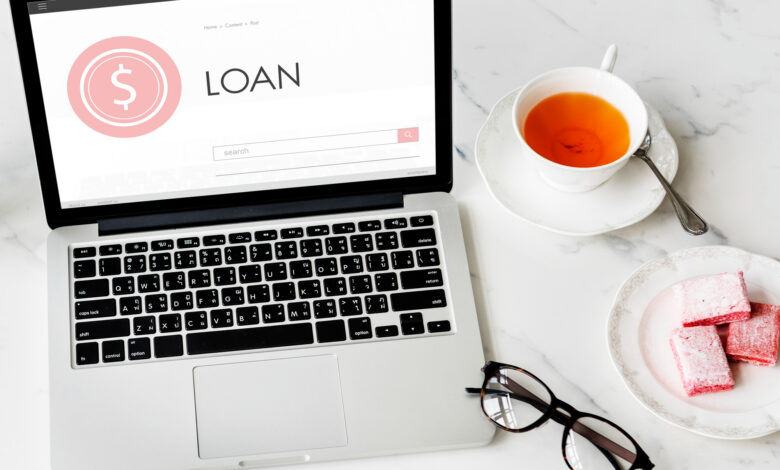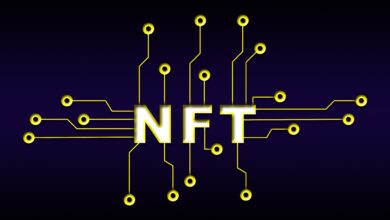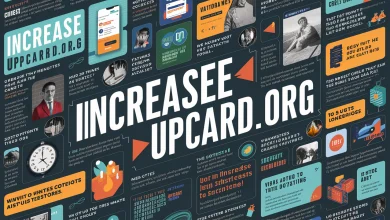Can I Get a Personal Loan with CIBIL 600?

A CIBIL score is a measure of our creditworthiness. All banks take this figure as a parameter to determine whether somebody is a reliable borrower. This article discusses the possibility of getting a personal loan with a CIBIL score of 600, as well as ways to improve our CIBIL score.
What is a CIBIL Score?
A CIBIL Score is a 3-digit numerical figure that determines your creditworthiness. Recognized as India’s first credit ranking system, it is a score that all banks uniformly accept as a credible parameter that reflects an individual’s ability to repay a loan.
Timely repayment through installments is an essential factor that results in an excellent CIBIL score. However, many other factors influence the CIBIL score. Higher the CIBIL score, the greater will be your chances of loan approval.
This is all the more applicable in the case of unsecured loans, where you are not required to pledge security. This is why lenders feel more assured about loaning money to individuals who have a verified history of timely repayments so that there is less chance of defaulting on the loan.
However, getting an unsecured personal loan with a low CIBIL score is not impossible. This article will tell you how to get a personal loan with a low credit score.
What is a Good CIBIL Score?
The CIBIL score range lies between 300 and 900. It is a score released by the financial bureau after a detailed assessment of an individual’s loan reports and credit history.
A CIBIL score between 300 and 600 is considered poor with a low probability of approval. A score between 600 and 699 is average, with moderate chances of loan approval. A score between 700 and 900 is considered good with a high possibility of loan approval.
The table below shows CIBIL scores against their chances of approval:
| CIBIL score | Creditworthiness | Chances of Approval |
| >600 | Very Poor | Low |
| 600-649 | Doubtful | Difficult |
| 650-699 | Satisfactory | Fairly Possible |
| 700-749 | Good | High |
| 750-900 | Excellent | Very High |
What Factors Influence CIBIL Score?
Here are six factors that determine your CIBIL score:
-
Timely EMI payments:
Timely repayment of loans is of utmost importance in maintaining a good credit score. If you fail to pay your monthly or quarterly due amount, it might be interpreted as a sign of financial duress, leading to low creditworthiness and, therefore, a low credit score.
-
Credit card limit:
If you are close to your credit card limit frequently, it will be a sign of debt and can lead to a low credit score.
Skipping credit card payments:
Inability to repay the outstanding credit card amount in due time will lower your credit score.
-
Credit card payment:
If you have been consistently paying off just the minimum due amount on your credit card, it will lower your credit score significantly. While this factor may not be an issue with banks, CIBIL takes this into account while furnishing your credit score.
-
Hard inquiry:
Every time you apply for the desired loan or a credit card, the bank requests a CIBIL report of your credit score. This puts your credit record through what is called a hard inquiry. The more the number of hard inquiries against your credit record, the lesser will be your credit score.
-
First-time loaners:
If you are applying for any loan or a credit card for the first time, your credit score is effectively zero because you are a first-time credit user. The lender will not have any records against which they could verify your creditworthiness. Therefore, applying for a loan for the first time can be a challenging issue.
Can I Get a Personal Loan with CIBIL 600?
While it might be challenging to get a loan with CIBIL 600, it is, in fact, quite possible. A CIBIL score of 600 is considered poor and doubtful, and therefore banks will be less inclined to trust such customers with money.
CIBIL score is undoubtedly one of the most critical factors for being eligible to receive a loan. Still, there are other factors that you can cite to project yourself as a reliable customer before the bank.
-
Good Income
If you have a substantial income and are in a position to repay your outstanding loan, your CIBIL score may not play out as much of a factor.
-
Regular taxpayer
If you can prove that you’re a regular taxpayer, you will be in good standing with the bank. You will be required to show that you have paid tax regularly for the past 3 years at least.
-
Steady Job
Having a steady job can work wonders with loan applications. Show the salary slip of the last 3 months and any other proof of permanent employment to increase your chances of loan approval.
-
Substantial bank balance
Show your bank balance of the last 6 months to give proof of your stable employment and current favorable economic status.
How to Improve my CIBIL Score?
While it might not show up as an instant result, adopting the habits given below will improve your credit score significantly in the long run:
-
Assessing your credit reports
Your credit report is where all breakdowns of your transactions are shown, leading to your CIBIL score. Checking your credit score regularly is central to maintaining a good credit score.
First, it helps you identify your points of error by showing which loan/credit card you may have skipped payment or defaulted. This way, you can plan your finances in advance.
Secondly, it helps you rectify any erroneous information that might have been printed and raise a dispute. If the information is found to be wrong, your credit score will be modified.
Read Also: What is a Personal Loan and its Uses?
-
Limiting the number of applications
It is essential not to apply for loans back to back after subsequent rejections and generally limit loan requests. If you apply for a loan whose request is turned down, it will reflect in your credit report and lower your credit score.
When you apply to another bank immediately after that, they might also turn down your application due to your previous rejection.
Thus, it’s advisable to wait for some time to let your credit score improve in the meantime. Applying for too many loans also increases the number of hard inquiries, thereby lowering your CIBIL score.
-
Paying credit card dues and loan EMIs on time
It should be your priority if you wish to improve your credit score. If there has been a loan/credit card that you have been sitting on, you should make prompt arrangements to repay the amount as soon as possible.
You can approach your bank for an altered repayment tenure that better suits your financial condition. While paying outstanding credit card amounts, make sure you do not simply clear off the minimum balance, as that can reflect poorly on your score. Payback a sizable amount before the due date every time.
-
Refraining from settling on your loans and credit cards
When you settle a loan or a credit card, you seek to pay off an amount lesser than the actual amount due. This might seem like a lucrative option, and some banks allow it, but this leaves a record on your credit report, lowering your credit score. Moreover, that bank will be less inclined to loan money to you next time onwards.
-
Keeping credit utilization ratio to a minimum
The minimal your credit utilization ratio, the better it will reflect on your credit score. Ideally, you should not use more than 30% of your total credit. Do not use your credit card for all transactions. This will help you improve your credit score significantly.
Conclusion:
Today, many fintech companies and NBFCs approve loans, even for those with a low credit score. Money View offers personal loans to individuals with a minimum CIBIL score of 600 at an interest rate starting at 1.33% only. But improving our credit score can help ease things for us in the future.





